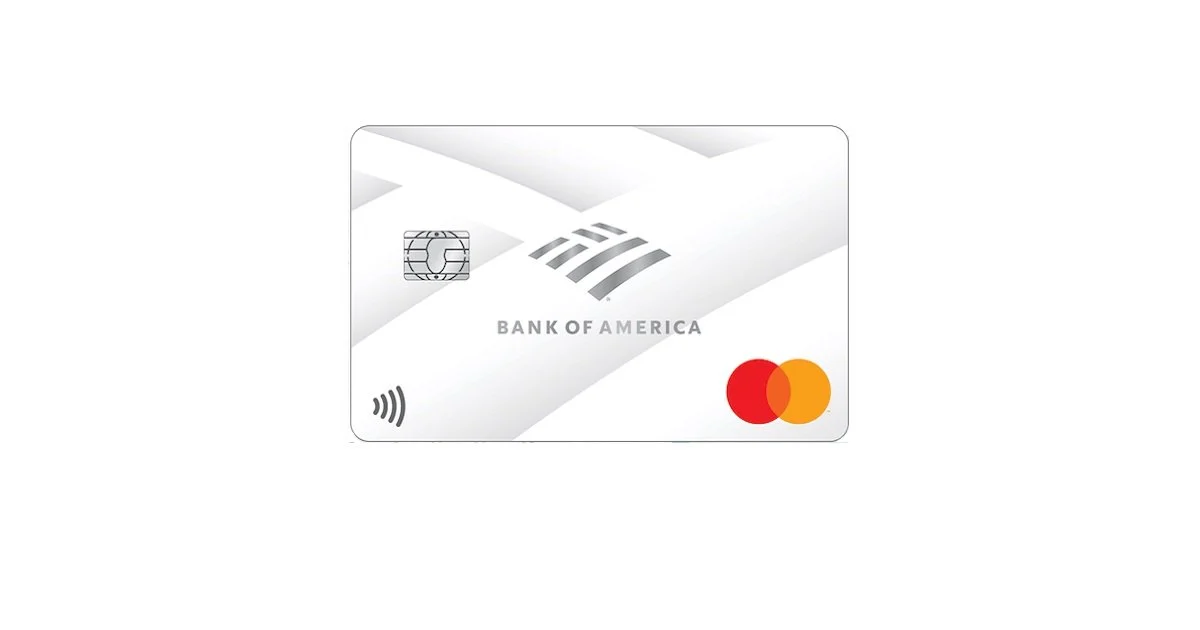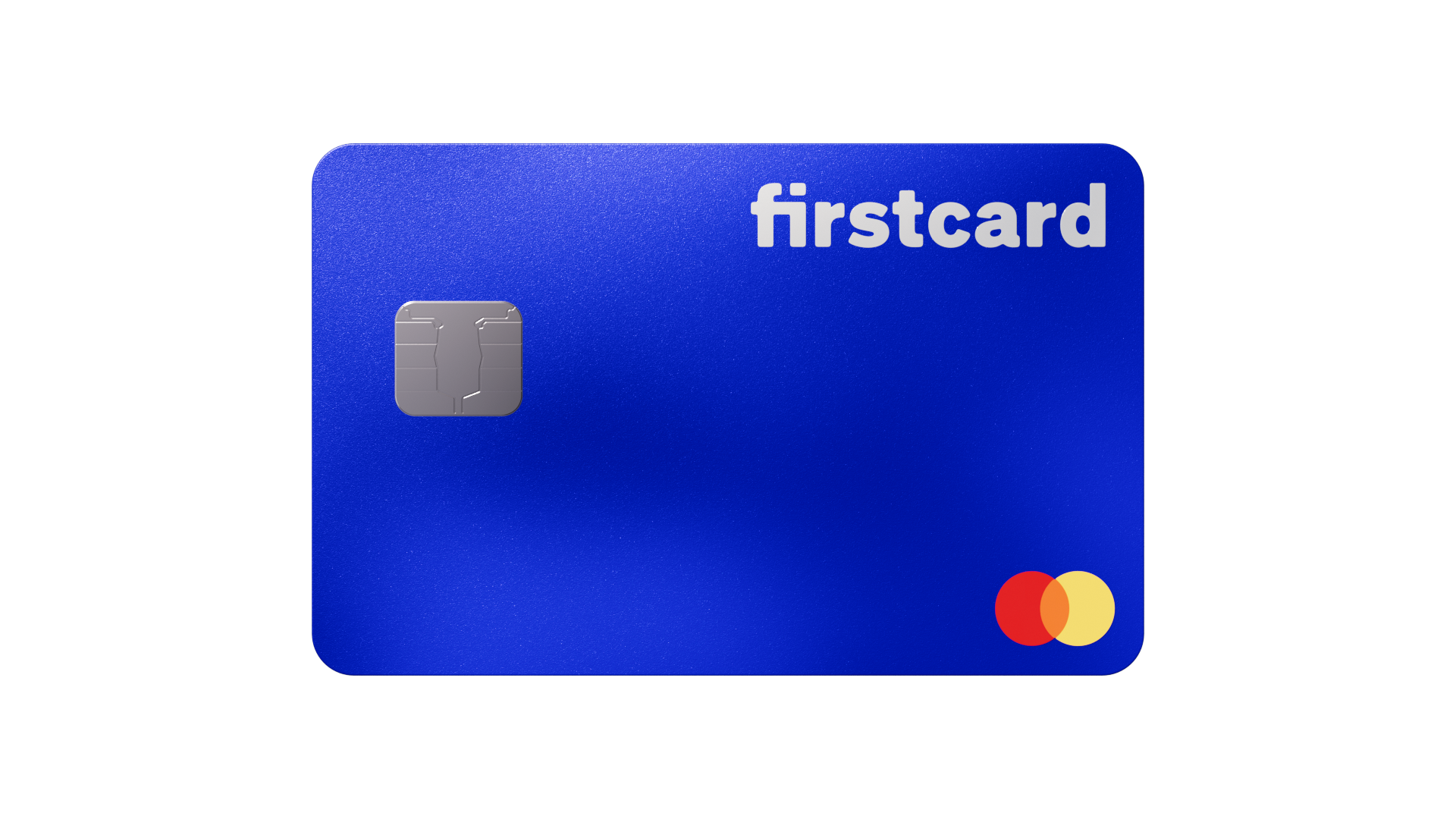Strategies to Manage Credit Card Debt and Avoid High Interest

Understanding Credit Card Debt
Facing credit card debt can feel overwhelming, but it’s important to remember that change is possible. Taking control of your financial future starts with understanding the strategies available to manage your debts effectively. By making informed decisions, you can not only reduce your debt but also prevent high-interest costs from piling up. The emotional toll and stress of debt can weigh heavily on your mind, but with determination and strategic planning, you can find your way back to financial stability.
Effective Strategies to Manage Your Debt
Here are some vital strategies to consider:
- Budget Wisely: Creating a budget that prioritizes debt repayment is crucial. Start by listing all your income sources and expenses. Allocate a specific portion of your income toward paying off your debts. Consider using apps like Mint or YNAB to track your expenses and enhance your budgeting skills. Setting clear goals, such as paying off a specific credit card by a set date, can motivate you to stick to your budget.
- Negotiate Rates: Many people are unaware that it’s often possible to negotiate with your credit card issuer. Reach out to customer service and explain your situation—if you have a good payment history, they may be willing to lower your interest rate. This simple call can lead to significant savings over time. Some consumers have successfully reduced their rates by as much as 5-10%, which can save hundreds of dollars.
- Pay More Than the Minimum: Committing to paying more than the minimum payment each month can drastically reduce your overall debt. The minimum payments often barely cover interest charges, meaning your balance shrinks slowly, if at all. By putting even an extra $50 or $100 towards your debts, you’ll knock down your principal faster and pay less in interest, thus taking a big step towards financial freedom.
- Consider Consolidation: If you have multiple high-interest debts, consolidating them into a single lower-interest loan can simplify your payments and potentially save you money. Consider options such as a personal loan with a fixed rate or a balance transfer credit card with a promotional 0% APR for a specified period. Be sure to read the fine print and understand any fees, but many individuals have found relief through this method.
The Journey Towards Financial Independence
Each strategy can pave the way towards financial independence and provide peace of mind. In America, credit card debt affects millions, making it a common issue that many face daily. By confronting your debt head-on, you take the first step toward a healthier financial life. Remember, you are not alone in this journey; with determination and the right tools, you can significantly improve your situation.
While the path to debt relief may present challenges, each small step you take brings you closer to achieving your financial goals. Celebrate your victories, no matter how small, and remain focused on your long-term aspirations. The responsibility and effort you put into managing your debt today will equip you for a brighter financial future tomorrow.
DIVE DEEPER: Click here to learn more
Building a Solid Foundation for Debt Management
The journey towards financial freedom begins with making informed choices that directly impact your credit card debt. By incorporating key strategies into your financial routine, you can break free from the chains of high-interest debt and create a more secure future. Here are additional strategies that can help you build a solid foundation for managing credit card debt:
- Track Your Spending: Begin by gaining a clear understanding of where your money is going. Maintain a record of your daily expenses, noting both essential costs and discretionary spending. This awareness can highlight areas where you can cut back, enabling you to divert more funds toward debt repayment. Consider utilizing tools like spreadsheets or budgeting apps to simplify the tracking process.
- Set Up Automatic Payments: One effective way to prevent late fees and additional interest charges is to automate your payments. By setting up automatic monthly payments, you ensure that your bills are paid on time—avoiding penalties that can add to your financial burden. Choose a date that aligns well with your cash flow, ensuring you have enough funds to cover the payment without resulting in overdraft fees.
- Prioritize High-Interest Cards: If you have several credit cards, consider creating a strategy for paying off those with the highest interest rates first. This method, known as the avalanche method, helps reduce the total interest you will pay in the long run. Concentrating your extra payments on the card with the highest rate while making minimum payments on others can expedite your financial recovery.
- Utilize Windfalls Wisely: Whenever you receive unexpected income, whether it be a tax refund, bonus, or gift, resist the temptation to indulge in unnecessary spending. Instead, put this extra cash towards your credit card debt. By allocating windfalls to pay down your principal, you not only reduce your debt faster but also build a stronger financial foundation for the future.
- Educate Yourself: Knowledge is power, especially when it comes to managing credit card debt. Take the time to learn about interest rates, terms, and various approaches to effective personal finance management. Many community organizations and online platforms offer free resources that can provide valuable insights, helping you make informed decisions that facilitate debt reduction.
Managing credit card debt is not merely a financial decision—it’s a commitment to your future. Every strategy you implement is a step toward a more stable and secure financial horizon. By staying disciplined, tracking your progress, and adapting your strategies to fit your unique situation, you can reclaim control of your finances. Remember, the road to financial freedom may be long, but consistent and mindful efforts will lead you toward achieving your goals.
DON’T MISS OUT: Click here to discover more opportunities
Empowering Yourself Through Financial Literacy
As you navigate the complexities of credit card debt, it’s essential to equip yourself with knowledge and practical strategies that can empower you to take control of your financial destiny. Financial awareness can serve as a formidable defense against high-interest debt, allowing you to make choices that align with your long-term goals. Here are further approaches to strengthen your strategy:
- Consider a Balance Transfer: If you’re dealing with high-interest credit card debt, a balance transfer might be a viable option. This entails transferring your existing balance to a new credit card with a lower interest rate, ideally a promotional offer with 0% APR for a set period. This can provide ceremonial relief from interest accumulation, allowing you to pay down the balance more efficiently. Just remember to read the fine print regarding transfer fees and the duration of the promotional rate.
- Take Advantage of Financial Counseling: Sometimes, seeking professional help can provide much-needed clarity. Non-profit credit counseling organizations can assess your finances and suggest a tailored debt management plan. They often have relationships with creditors that may allow for negotiated lower interest rates or fees, which can drastically improve your repayment journey. Don’t hesitate to reach out; finding an expert can lift the weight of debt from your shoulders.
- Boost Your Income: Exploring additional revenue streams can be a game-changer. Whether it’s taking on a temporary part-time job, freelancing your skills, or selling items you no longer need, any extra income can be channeled directly to pay down your debt. By actively increasing your earnings, you provide not only quicker relief from your debt burden but also a greater sense of financial empowerment and independence.
- Create an Emergency Fund: It may seem counterintuitive to save while you’re in debt, but having a small emergency fund can reduce the likelihood of using credit cards for unexpected expenses. Aim to have at least $500 to $1,000 saved. This buffer can prevent the accumulation of further debt when life throws curveballs, allowing you to maintain your focus on debt repayment without falling back into the cycle of borrowing.
- Refinance or Consolidate Loans: If you have multiple forms of debt, consider the benefits of refinancing or debt consolidation. This involves taking out a new loan with a lower interest rate to pay off existing debts, streamlining your payments into one monthly obligation. By consolidating your debts, you can potentially lower your overall interest and simplify your financial commitments, making it easier to manage your cash flow.
Consider these additional strategies as valuable tools in your quest to conquer credit card debt. By combining several of these approaches, you will not only diminish your financial obligation but also foster a healthier mindset towards spending and saving. This journey may have its ups and downs, but with knowledge, determination, and a supportive network, you can cultivate the financial resilience necessary to thrive and avoid falling into the pitfalls of high-interest debt again. Each day is a new opportunity to make choices that will lead you closer to a future free of financial anxiety.
DISCOVER MORE: Click here for further insights
Conclusion
In the journey of managing credit card debt and steering clear of high interest, the key lies in empowerment through informed decisions. Recognizing the importance of financial literacy opens doors to a world of possibilities where each step you take can pave the way to a brighter financial future. By understanding and utilizing various strategies such as balance transfers, professional counseling, and income boosting, you position yourself to effectively tackle your debt while limiting its impact on your financial well-being.
Additionally, creating an emergency fund and considering options like refinancing can provide a safety net and streamline your financial obligations, respectively. It’s essential to remember that overcoming debt is not merely about repayment; it’s also about transforming your relationship with money. Embrace each strategy as a stepping stone toward building not only your credit score but also your confidence in managing your finances.
As you strive to achieve financial stability, recognize that setbacks may occur, but they do not define your journey. With resilience, patience, and continuous learning, it’s possible to outmaneuver the pitfalls of high-interest debt. Each responsible financial action takes you one step closer to liberation from the anxiety of debt and toward a life where you navigate your expenses with clarity and purpose. Embrace this challenge with optimism, knowing that a more secure and prosperous financial path is within your reach.


